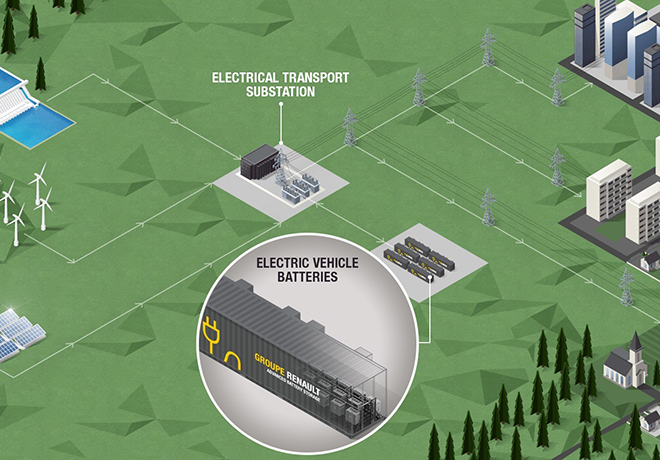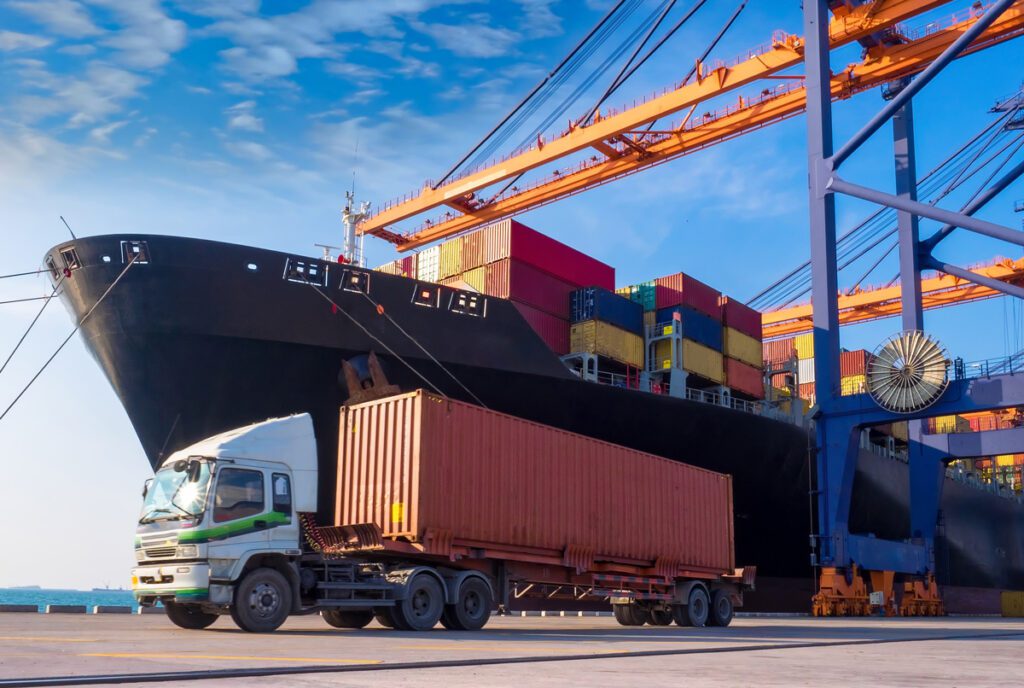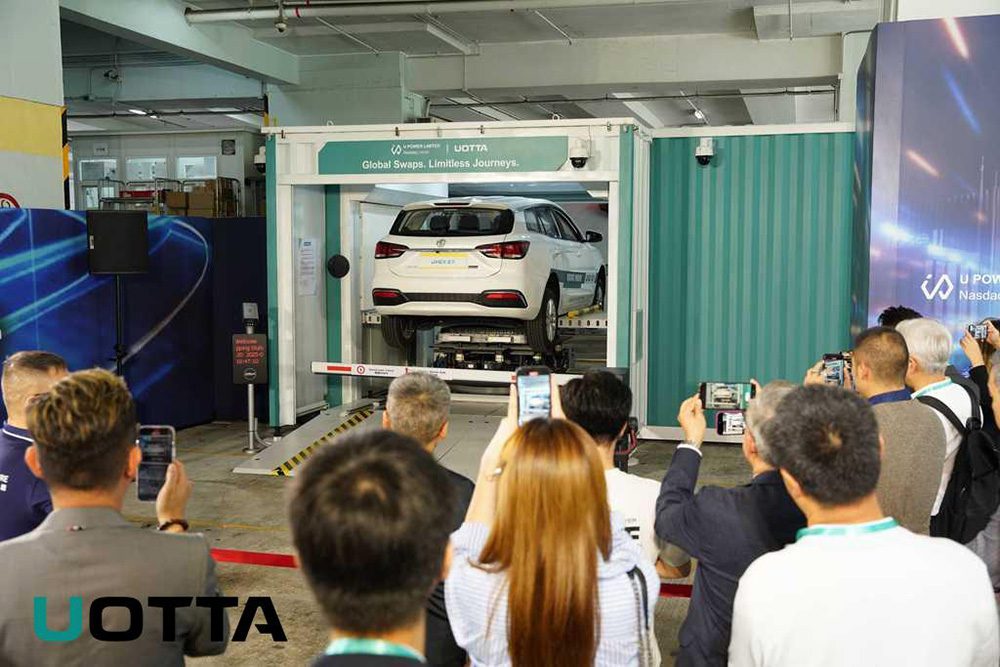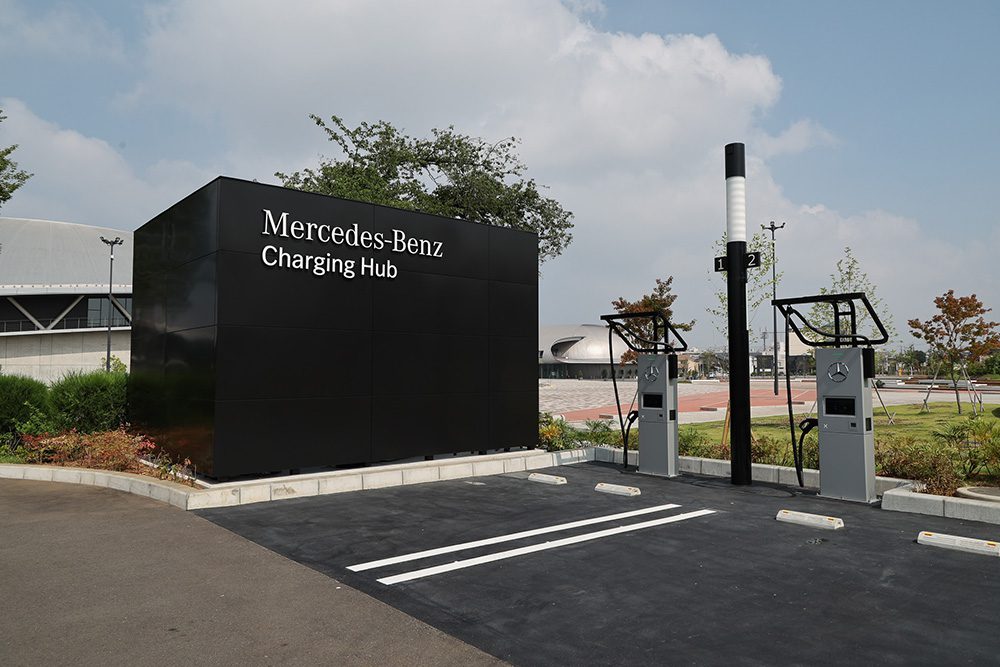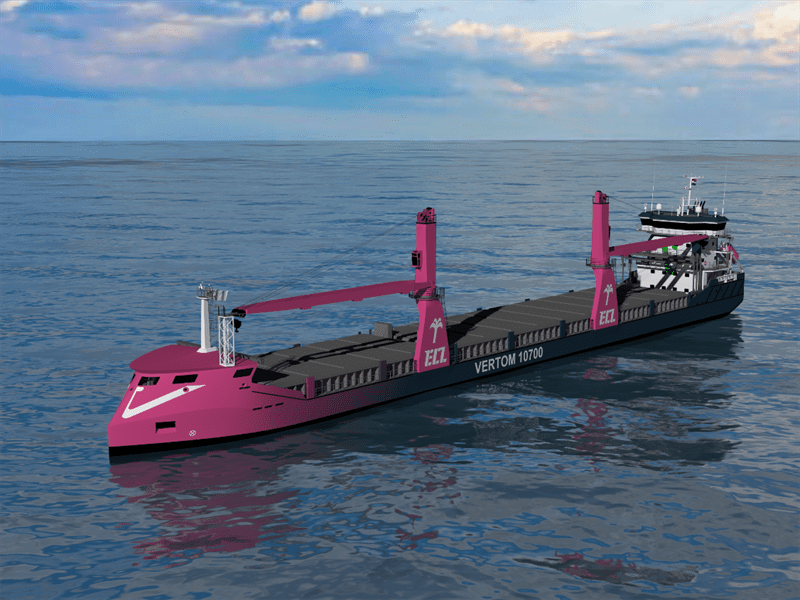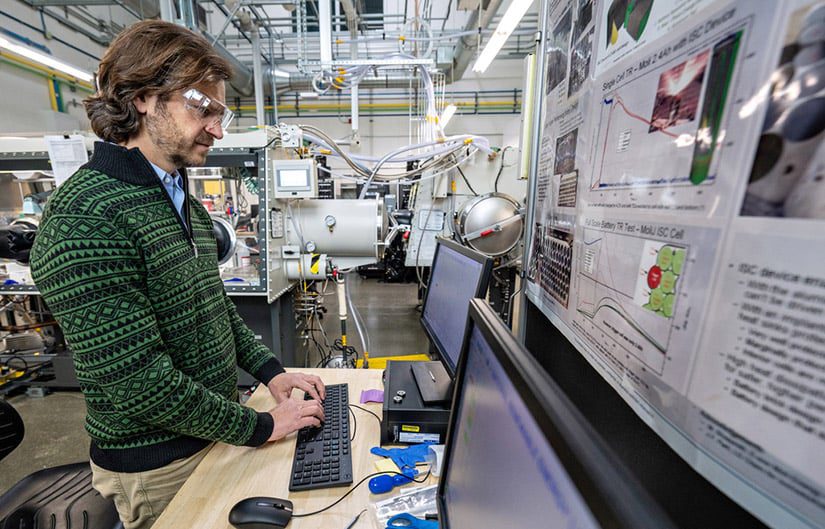Groupe Renault has launched a stationary storage system for energy developed exclusively from EV batteries.
Renault’s Advanced Battery Storage will eventually have a storage capacity of at least 60 MWh, provided by 2,000 EV batteries – equivalent to the daily consumption of 5,000 households. The first facilities will be developed in early 2019 at the Renault plants in Douai and Cléon (France) and at a former coal-fired plant in North Rhine-Westphalia (Germany).
In order to increase the proportion of renewable sources in the energy mix, power providers must maintain the balance between supply and demand on the grid. The slightest gap between consumption and production sets off disturbances that can compromise the stability of the AC frequency (50 Hz).
“Our stationary storage solution aims to offset these differences: it delivers its reserves to a point of imbalance in the grid at a given time to reduce the effects,” said Nicolas Schottey, Director of the Groupe Renault New Business Energy program. By helping to maintain the balance of the grid, the stationary storage system aims to boost the economic attractiveness of renewable energy.
The storage system uses EV batteries stored in containers. Some will be second-life batteries, and some will be new batteries stored for future use as after-sale replacements. “This unique assembly will give Advanced Battery Storage the capacity to generate or absorb 70 MW of power instantaneously,” Schottey explains. “This high power combined with the high capacity of our solution will allow it to react efficiently to all major grid solicitations.”
Groupe Renault’s partners in the Advanced Battery Storage program include La Banque des Territoires, the Mitsui Group, Demeter and The Mobility House.
Source: Renault







